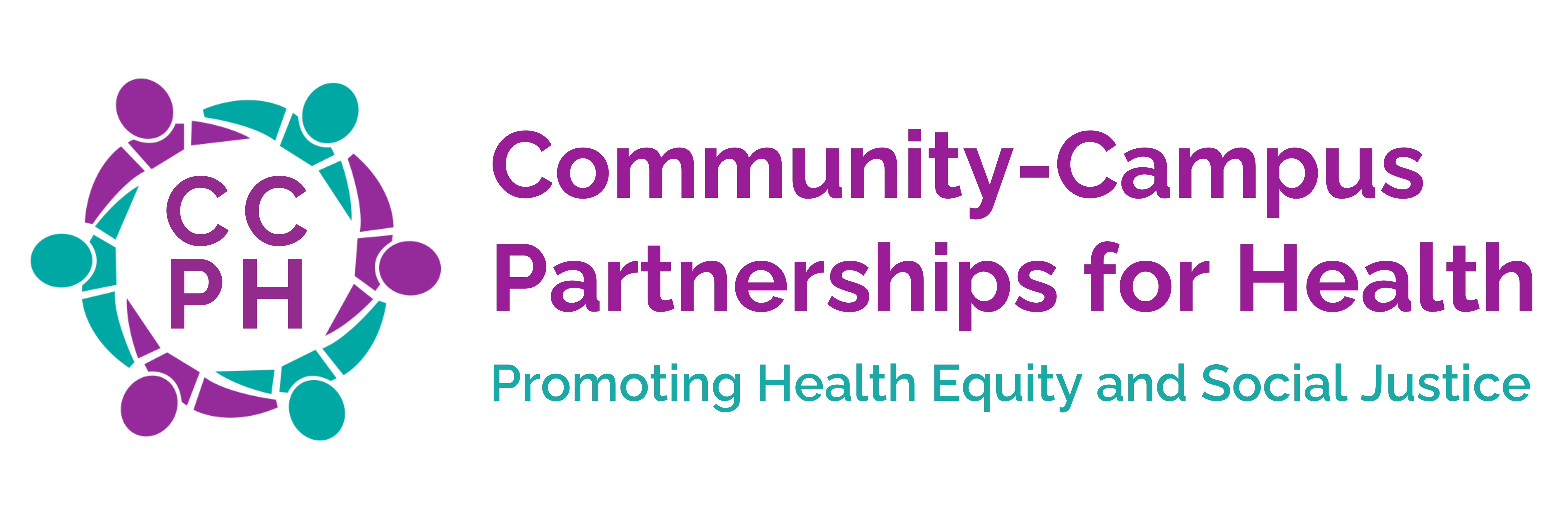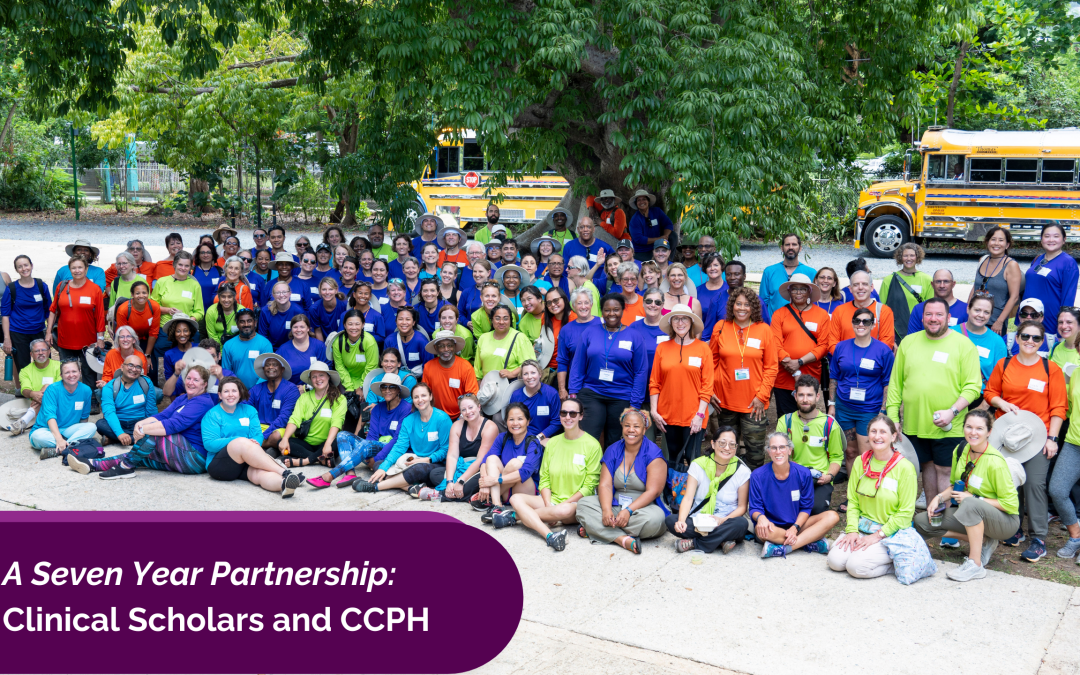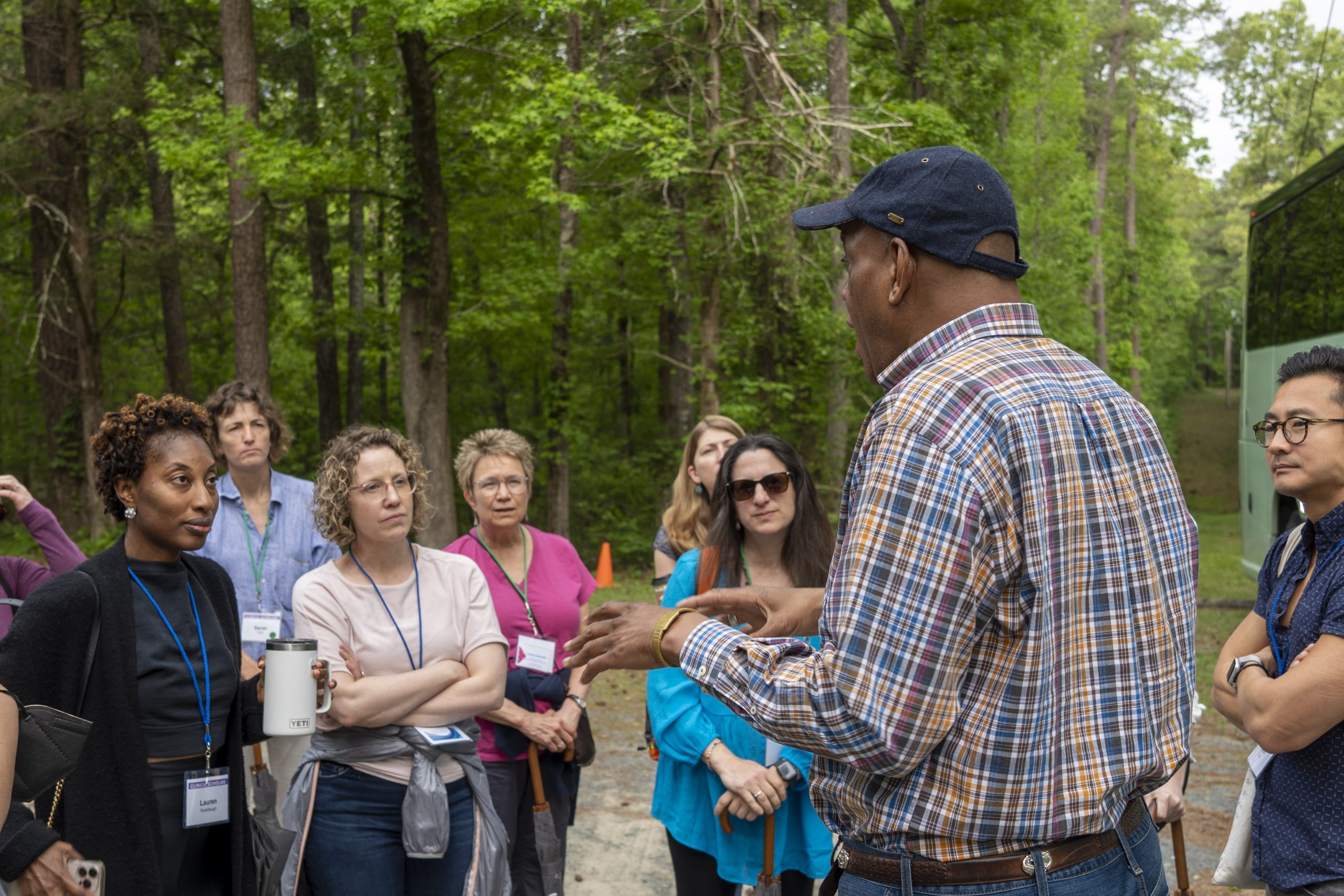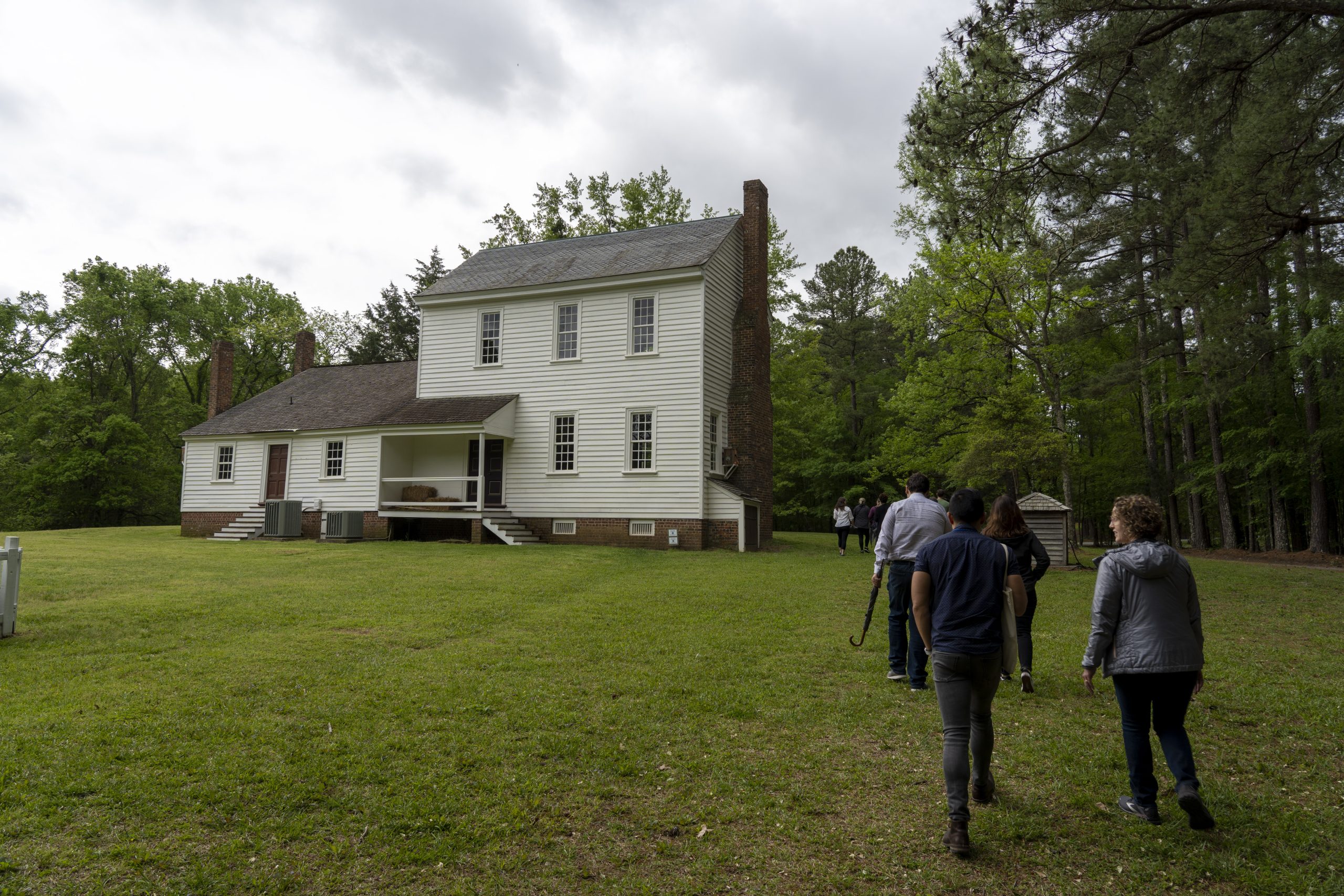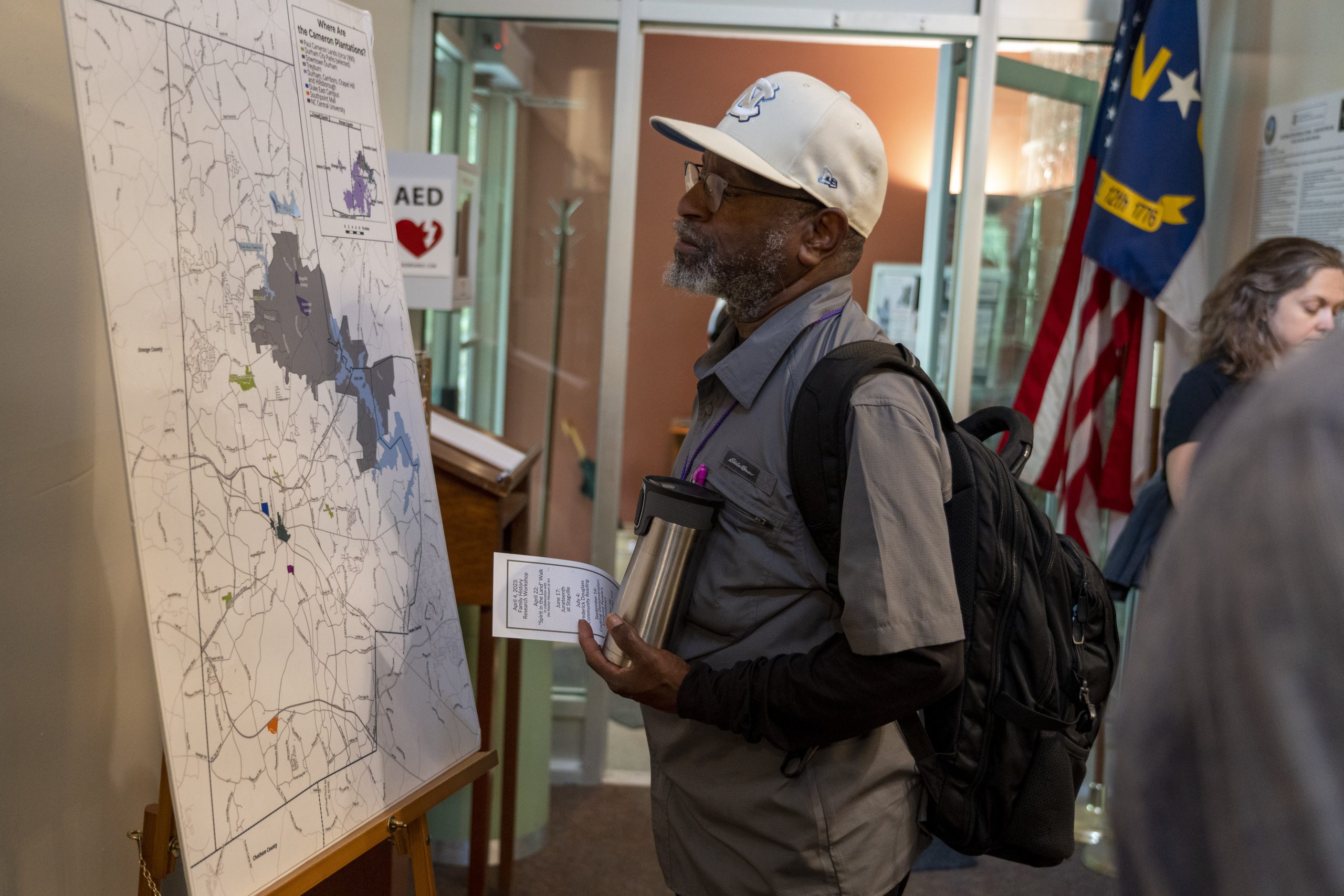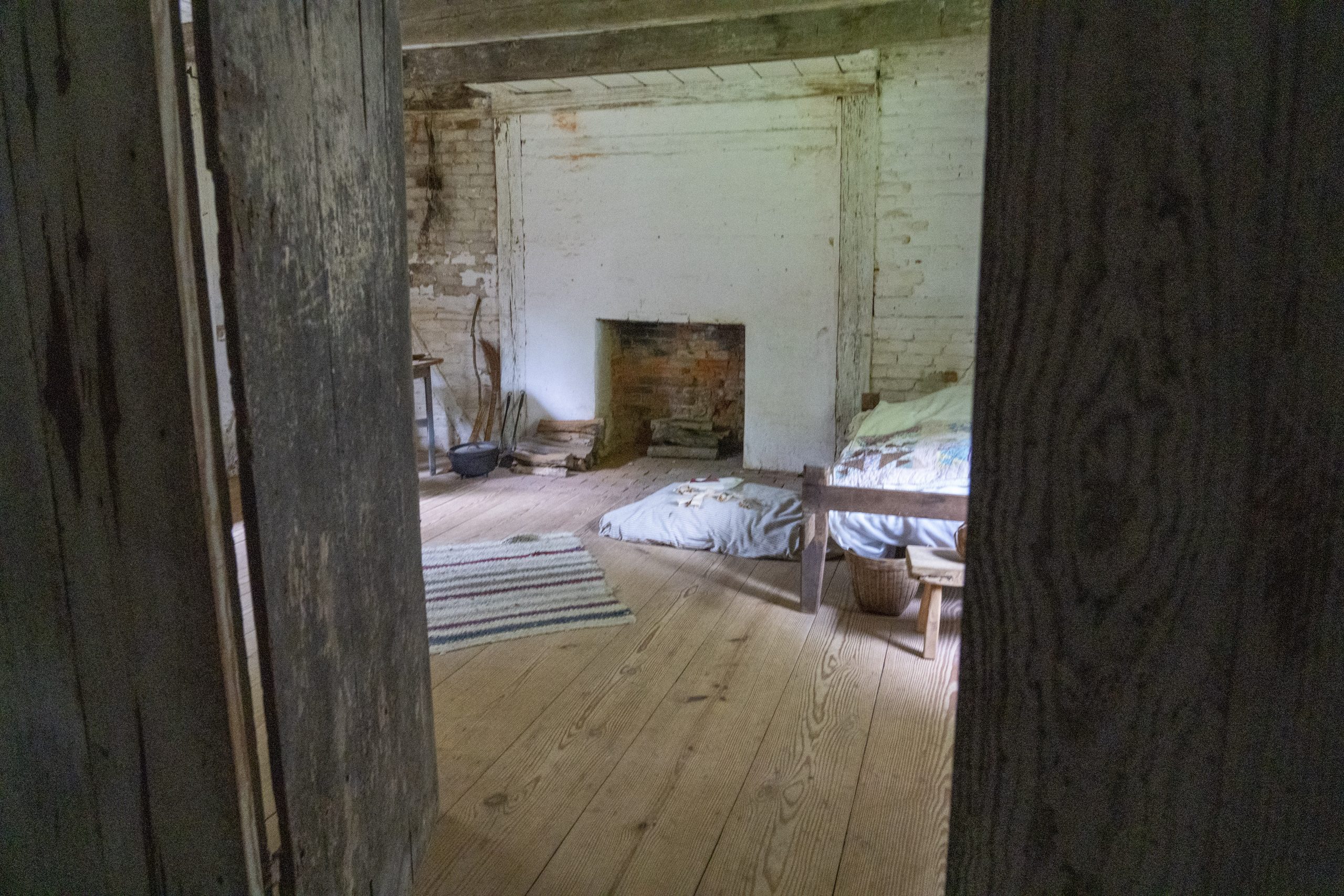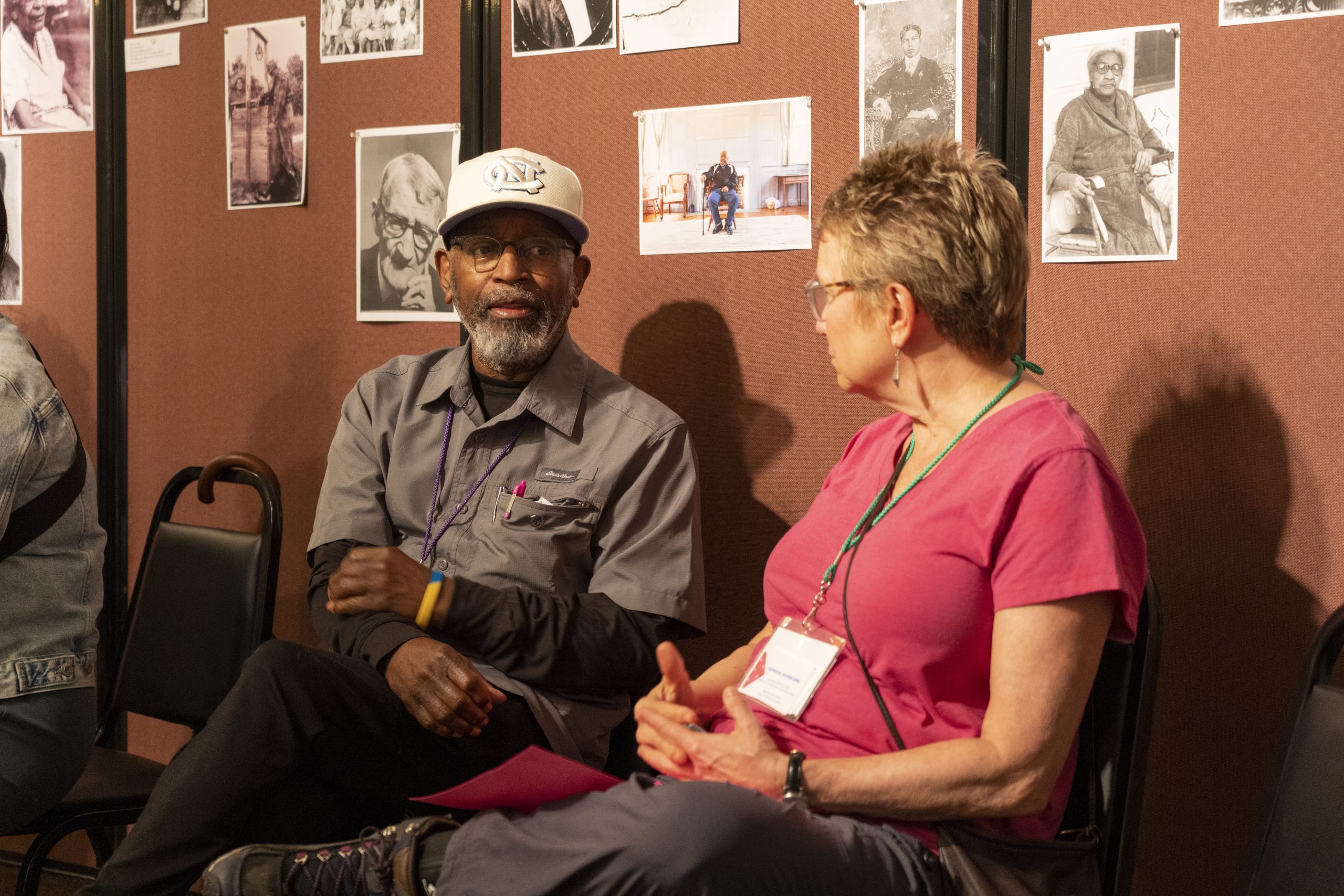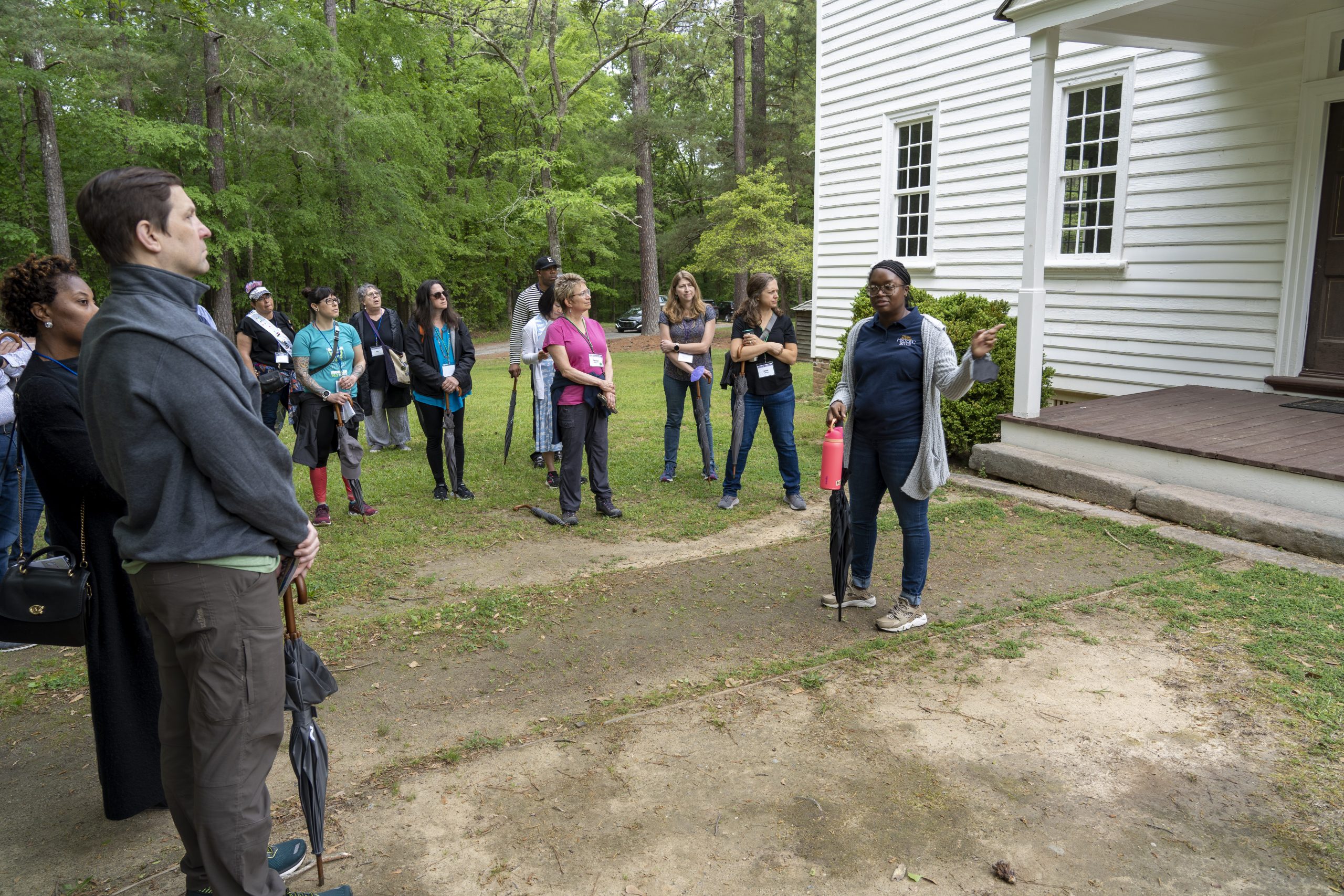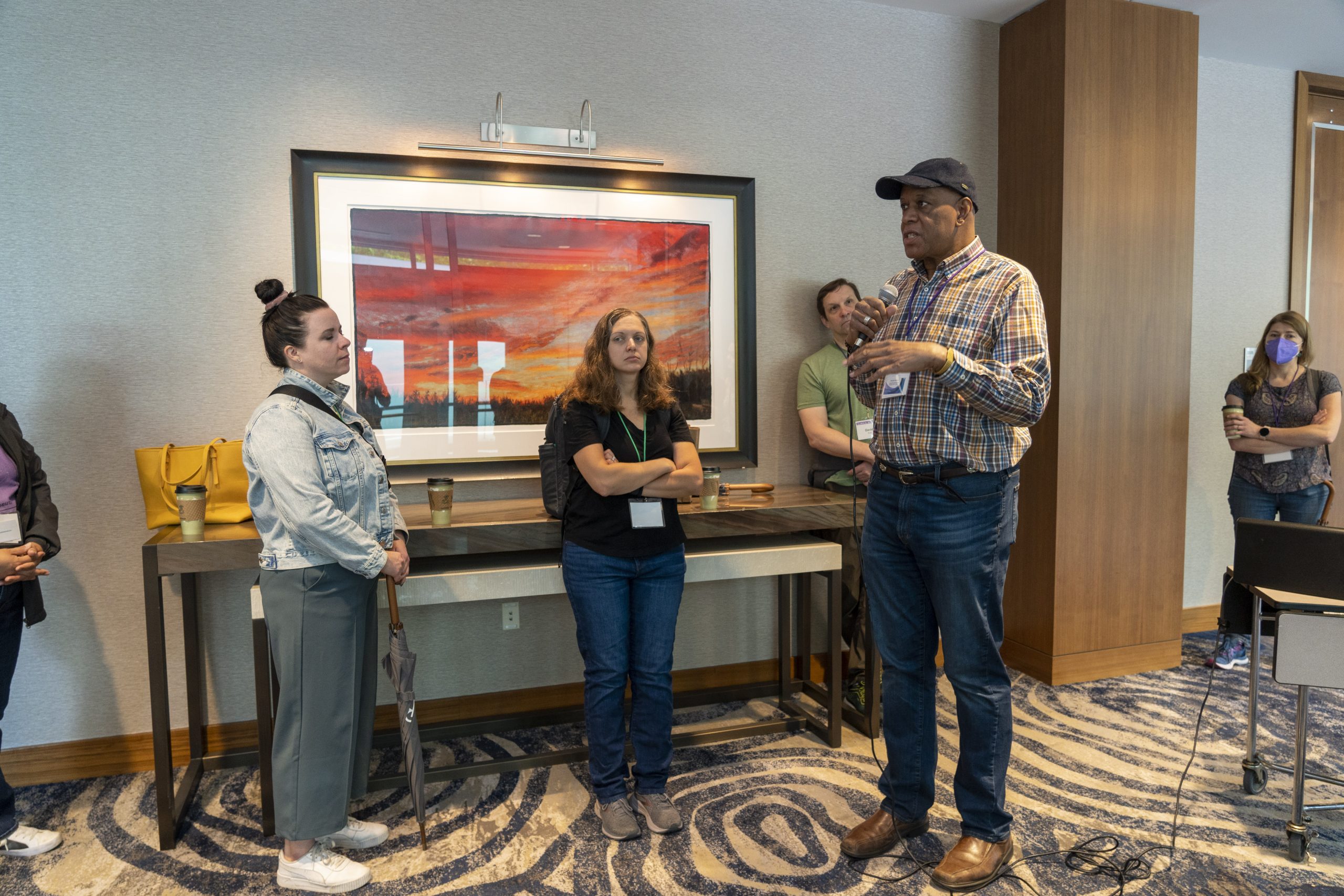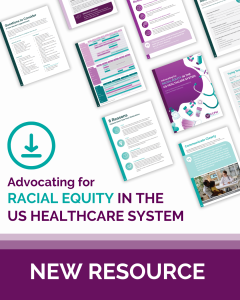A Seven-Year Partnership: Clinical Scholars and CCPH
In early August, four of our team members had the opportunity to attend the Clinical Scholars Alumni Celebration and the graduation of Cohort 5 in Puerto Rico. There was a lot of excitement leading up to this convening as we would be reuniting with many colleagues since COVID-19 began, some of our team members would meet one another in person for the first time, and we’d be facilitating a session on sustaining equity with over 150 participants.
CCPH has been actively engaged with Clinical Scholars since its inception. When we partnered with the University of North Carolina, Chapel Hill, to design and develop the program, we aimed to emphasize the importance of the Fellows working with the community to address the stated goals of their projects. Our engagement with the Clinical Scholars enabled us to utilize our over 25 years of partnership and community engagement expertise, offering Fellows the latest information and best practices co-constructed with our community and academic partners. These different perspectives with which to approach their work challenged them to address the systemic issues preventing us from achieving health equity and social justice.
Systems Change Partnership Development
A unique offering for the Fellows was attending one of our Structural Racism Intensives. CCPH is a leader in exploring the role of partnerships in addressing structural racism. This intensive examines the history of the development of structural racism and the contemporary manifestations of institutional inequities, providing participants with skills and knowledge to be more aware of how racist structures evolved and are maintained. We aim to empower participants to reflect more on their indoctrination into racist beliefs as a critical phase in co-creating equitable relationships in their careers and communities. Our most recent Structural Racism Intensive took place in North Carolina, and some scholars had the opportunity to visit the Stagville Plantation. Moving about on these sacred grounds, with a deeper historical understanding of structural inequities, systemic racism, and skills needed to work in partnership to address these issues, a palpable silence engulfed the group as we were challenged to confront the realities of slavery and its vestiges on our nation.
“It was so powerful and an honor to be in the presence of these people to collectively think and re-think structural inequalities in our lives and work.”
– Structural Racism Intensive Participant
As systems are built, they too are dismantled. These Fellows provided crucial support to communities experiencing increasing health disparities due to structural inequities, and through their work, we saw how partnerships can shift over time, requiring the approach to engagement to change along with them. As the Clinical Scholars evolved and responded to the changing public health landscape and community needs, a core lesson learned is the need for partnerships to deepen their understanding of diverse partners’ skills, expertise, and knowledge. With this knowledge CCPH worked to provide Fellows a clear framework for incorporating new insights and core competencies to intentionally challenge norms and practices that perpetuate everyday racism in one’s personal and professional life.
Puerto Rico
During the trip, CCPH facilitated an interactive workshop to help guide the Clinical Scholars to the next phase of their community engagement. They heard from Executive Director Al Richmond, Deputy Director Paige Castro-Reyes, Training & Resource Director Charisse Iglesias, and long-time consultant Melvin Jackson. The team’s dynamic workshop, Sustaining Equity Across Changing Dynamics, and breakout sessions offered tools that attendees could use in all stages of their partnerships to ensure equity and sustainability, guided by our Principles of Partnership. Participants learned from one another by sharing their vibrant lived experiences working with their local communities to achieve community-identified research goals. They were encouraged to reflect on their positionality and create equitable structures prioritizing community voice, labor, and expertise.
Outside the traditional forms of learning, Fellows and the CCPH Team participated in an ecological recovery program with Para la Naturaleza at the Cabezas de San Juan Nature Reserve in Fajardo. We cleaned the beautiful coast, collected about 238 lbs of garbage, and planted 100 trees, getting them closer to their goal of planting 100,000 native trees annually. This restoration work is critical in maintaining the delicate balance of our ecosystems that supply oxygen, food, shelter, flood control, environmental regulation, and health in general.
Our engagement with Para la Naturaleza further reinforced the Clinical Scholars’ approach to expanding “Health Beyond the Clinic Walls.” It allowed us all to engage in a genuinely interdisciplinary, equity-centered approach that can transform the health and well-being of communities.
The Clinical Scholars Alumni Celebration and the graduation of Cohort 5 was a culmination of over seven years of partnering to equip healthcare providers from every discipline across 26 states, Puerto Rico, and Washington, D.C., with leadership tools centered on equity, diversity, and inclusion to transform their careers and the health of their communities. This trip and this program highlight the power of collaboration, the value of implementing change from lessons learned, and the meaningful impact that can come from building community-campus partnerships.
About Clinical Scholars
Clinical Scholars was one of a number of national leadership programs supported by the Robert Wood Johnson Foundation (RWJF), the nation’s largest health philanthropy. Together, these programs built a network of strong, interdisciplinary leaders from every sector working to build a culture that provides everyone in America a fair and just opportunity for health and well-being. Throughout its history, RWJF has supported the development and diversity of healthcare professionals with landmark programs for scholars, physicians, nurses, and researchers. For example, its first Clinical Scholars program was a site-based program for innovation in clinical teaching and scholarship. To broaden its focus and build a comprehensive Culture of Health, RWJF created the new Clinical Scholars program and other cross-sector programs to invest in leaders from every field and profession who have the passion, ingenuity, and influence required to build health into our communities and nation as a whole.
